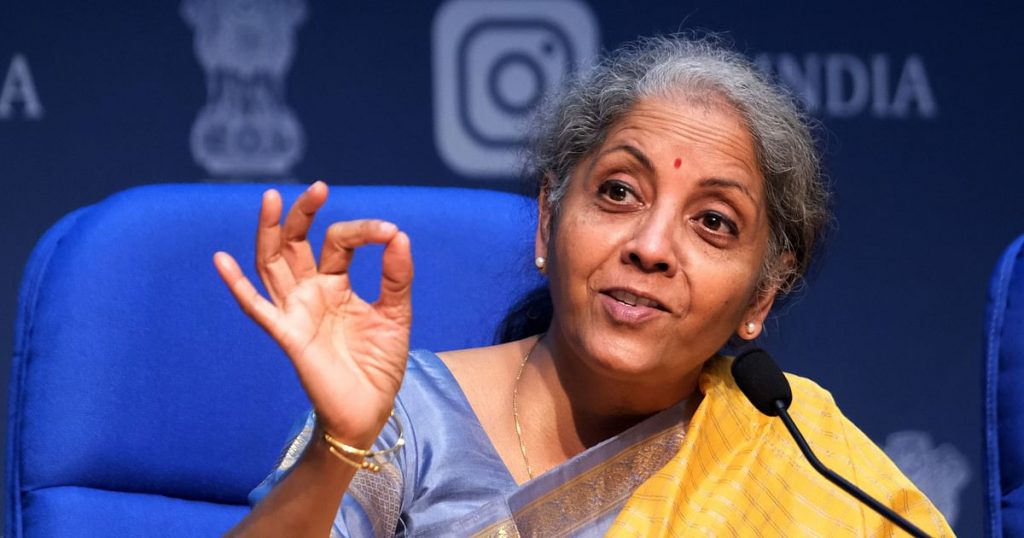The Indian government has cleared a proposal to set up a development finance institution, Finance Minister Nirmala Sitharaman said after a cabinet meeting on Tuesday. The plan to set up a DFI was announced in the Union Budget, with an initial capital infusion of Rs 20,000 crore.
The DFI will be able to leverage the initial capital to fund projects of up to Rs 3 lakh crore, Sitharaman said. While details of the structure of the DFI are still to emerge, certain special provisions will be brought in to support the DFI.
The DFI, called the National Bank For Financing Infrastructure And Development, will be 100% government owned. Over time, the government’s holding may come down to 26%.
The institution will get “tax benefits”, Sitharaman said. The government will also give it certain “securities” to bring down cost of funds, she added. Details are awaited.
The DFI will have a professional board. It will be led by a person of eminence, who will be given a longer tenure and a higher age limit will be applicable to the candidate. “Emoluments given will be market driven,” Sitharaman said.
Commenting on speculation that the existing IIFCL Ltd. will be merged into the new DFI, the finance minister said this decision will be taken by the board of the new organisation.
India’s Struggle With Infrastructure Financing
This is not the first time that India is experimenting with a development financier. ICICI Ltd, IDBI Ltd. and IDFC Ltd, have all played that role in their original avatars. These institutions later converted to universal banks as raising long term funds to on-lend for infrastructure proved challenging.
In the aftermath of the global financial crisis, Indian banks who financed infrastructure aggressively were left with large bad loans as project risks materialised alongside a slowing economy. Since then universal banks have been hesitant to lend to the infrastructure sector.
In 2015, the National Infrastructure Investment Fund was set up. It drew contributions from long term pension and sovereign funds. In the case of NIIF, the architecture of the institution includes private investors who would demand a certain rate of return, Vinayak Chatterjee, chairman of Feedback Infrastructure had told BloombergQuint in January ahead of the budget announcement. “The new DFI will fund large nation-building projects that these institutions can’t,” Chatterjee had said.
The new institution will still face challenges in raising adequate low-cost funding and may need special dispensation on bad loan classification from the Reserve Bank of India.
“Based on the prior experience easy access to long term funding, government guarantee, slightly easier NPA norms are some of the prerequisites for the proposed DFI to succeed,” said Macquarie Research in a report dated March 4. “Also, the success of the new DFI will depend on whether it does anything more than lending say for e.g., government must give guarantee, provide credit enhancements etc so that more private investors can be brought in at various projects.”
